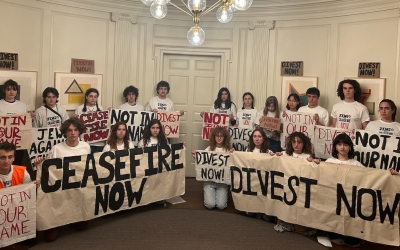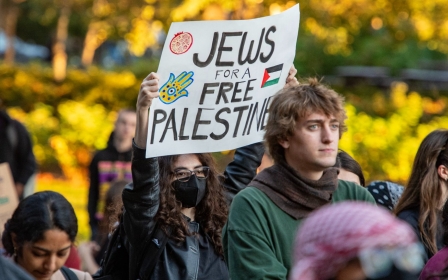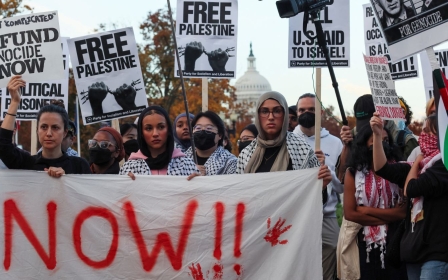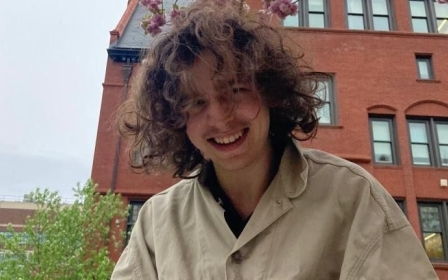Israel-Palestine war: Most US-based Middle East scholars self-censoring speech critical of Israel, survey finds
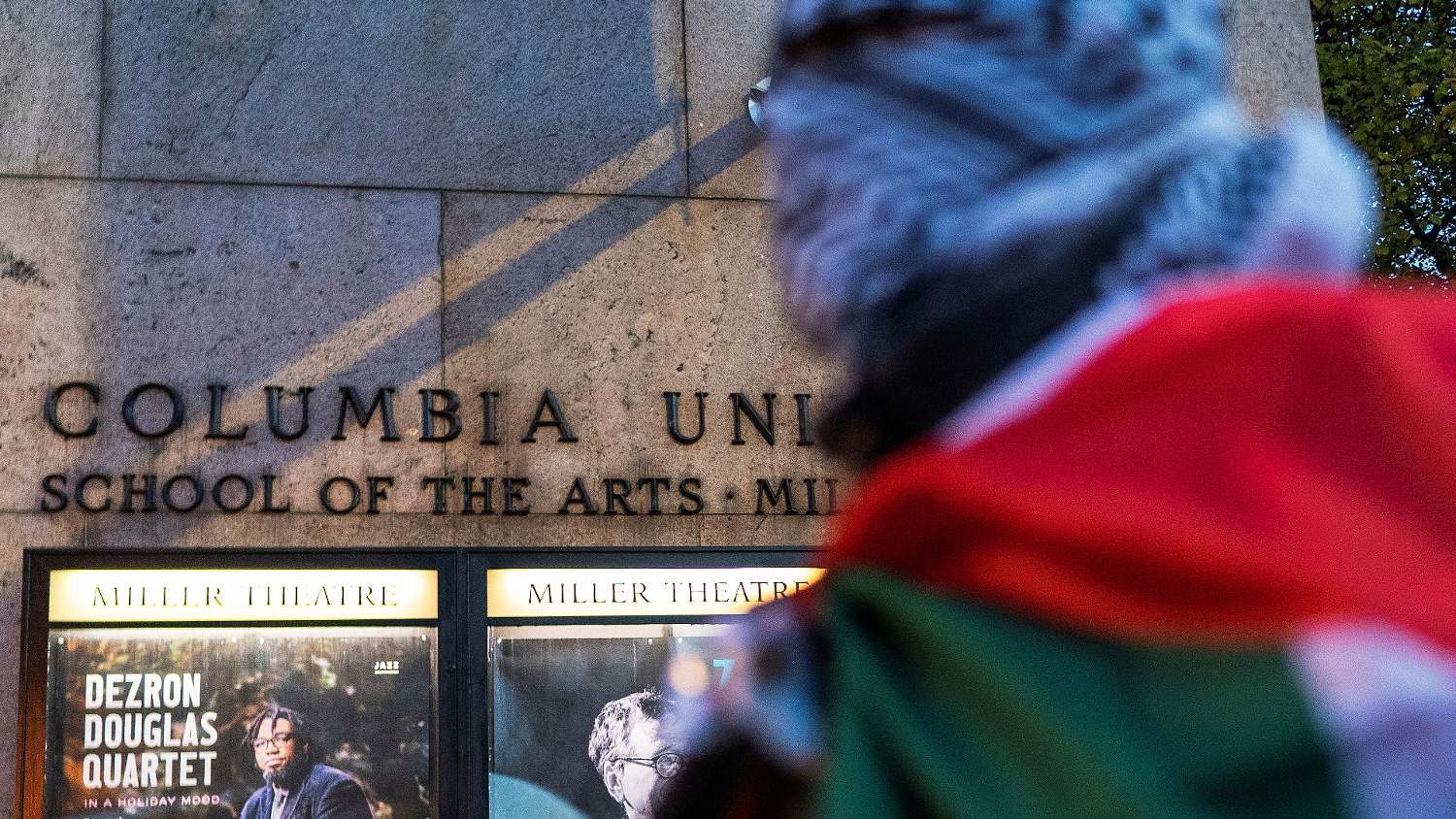
An overwhelming majority of US-based academics focused on the Middle East say they have felt the need to self-censor their criticism of Israel since the war between Israel and Hamas began on 7 October, a new survey has found.
The Middle East Scholar Barometer survey found that among those who have chosen to self-censor, 81 percent said they have withheld their criticism of Israel, compared with the 11 percent who have withheld their criticism of Palestinians.
The main reasons for the self-censorship for around half the respondents were because they were concerned about campus culture and offending students, and were also worried about pressure from external advocacy groups.
About 72 percent of the respondents said they felt a "greater direct or indirect need to self-censor" since 7 October.
The survey - a joint project from the University of Maryland Critical Issues Poll and the Project on Middle East Political Science at George Washington University - was conducted between 10 November and 17 November and interviewed 936 participants.
New MEE newsletter: Jerusalem Dispatch
Sign up to get the latest insights and analysis on Israel-Palestine, alongside Turkey Unpacked and other MEE newsletters
"The policing of campus discourse around the Israeli-Palestinian conflict is nothing new, of course. There is a long history of external groups such as Campus Watch and Canary Mission mobilizing pressure on allegedly anti-Israeli professors," Shibley Telhami, from the University of Maryland, and Marc Lynch, from George Washington University, wrote in the Chronicle of Higher Education.
"But, according to the scholars surveyed, things have gotten significantly worse since October 7."
Follow Middle East Eye's live coverage for the latest on the Israel-Palestine war
The majority of the scholars who responded to the survey said anti-Muslim and anti-Palestinian sentiments were much more prevalent on their campuses than anti-Jewish and anti-Israel sentiments.
Half of them said anti-Palestinian sentiments were prevalent on their campuses, while 36 percent said anti-Israeli sentiments were. A smaller percentage, 18 percent, said antisemitism was prevalent on campus, while 41 percent said anti-Muslim sentiments were.
Crackdown on pro-Palestine speech
The findings come amid a surge of pro-Palestinian mobilisation on university campuses in the US since 7 October, when Hamas and other Palestinian armed groups launched a surprise attack on Israel, killing 1,200 Israelis and foreign nationals and taking at least 240 people hostage. Although many hostages have been freed after a truce agreement between Hamas and Israel, 100 continue to be held in Gaza. Dozens of Palestinian women and children were also released from Israeli detention.
Israel responded to the 7 October attack with a full-force military assault, launching an aerial bombardment campaign followed by a ground invasion. Israeli forces have so far killed more than 17,000 Palestinians, according to the Palestinian health ministry. The UN has warned this figure may be underreported as Gaza's health infrastructure has also been a target of Israeli bombardment.
Many human rights experts have warned that Israel is violating international law in its assault on Gaza, while hundreds of scholars have said that Israel could be committing genocide against Palestinians.
Data compiled by researchers at Harvard's Nonviolent Action Lab and the Counting Crowds Consortium, a network of experts who collect publicly available information on political actions across the US, came across 2,100 pro-Palestinian protests that have taken place since the first week of October, compared with 445 pro-Israel protests. Many of these demonstrations have taken place on college campuses.
At many universities, these pro-Palestinian rallies have been met with accusations of antisemitism, prompting calls for a crackdown on free speech at schools across the country. Some universities have banned student groups like Jewish Voice for Peace and Students for Justice in Palestine.
The heads of many elite universities are facing growing pressure to crack down on pro-Palestinian speech at their institutions. In a congressional hearing on Tuesday, the presidents of Harvard, MIT and UPenn were grilled by lawmakers about the demonstrations taking place at their schools and were accused of condoning antisemitism.
MEE previously reported on one such pro-Palestine protest at MIT where demonstrators were accused of antisemitism and found that all of the accusations cited chants and phrases that were either pro-Palestinian or critical of Israel.
Middle East Eye delivers independent and unrivalled coverage and analysis of the Middle East, North Africa and beyond. To learn more about republishing this content and the associated fees, please fill out this form. More about MEE can be found here.


